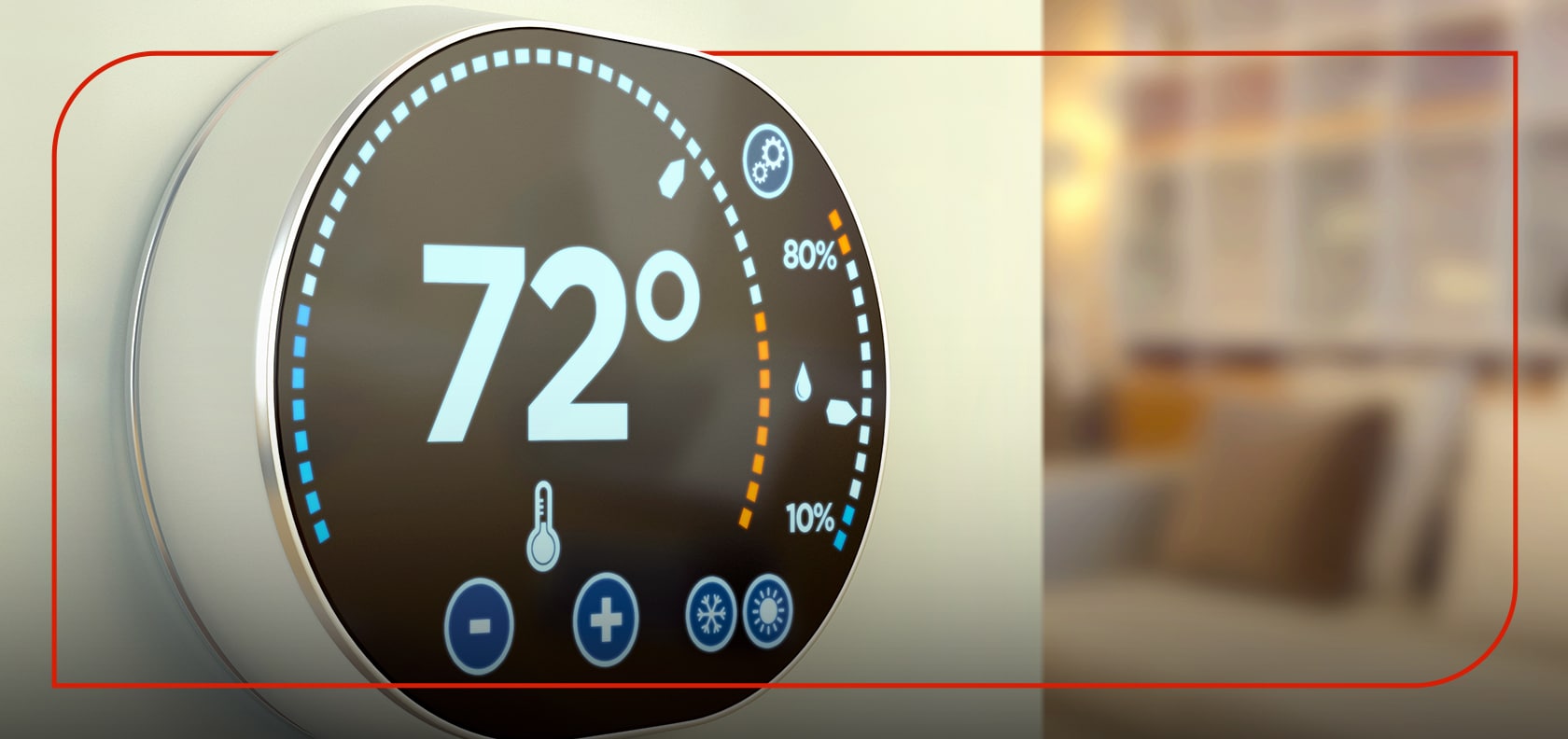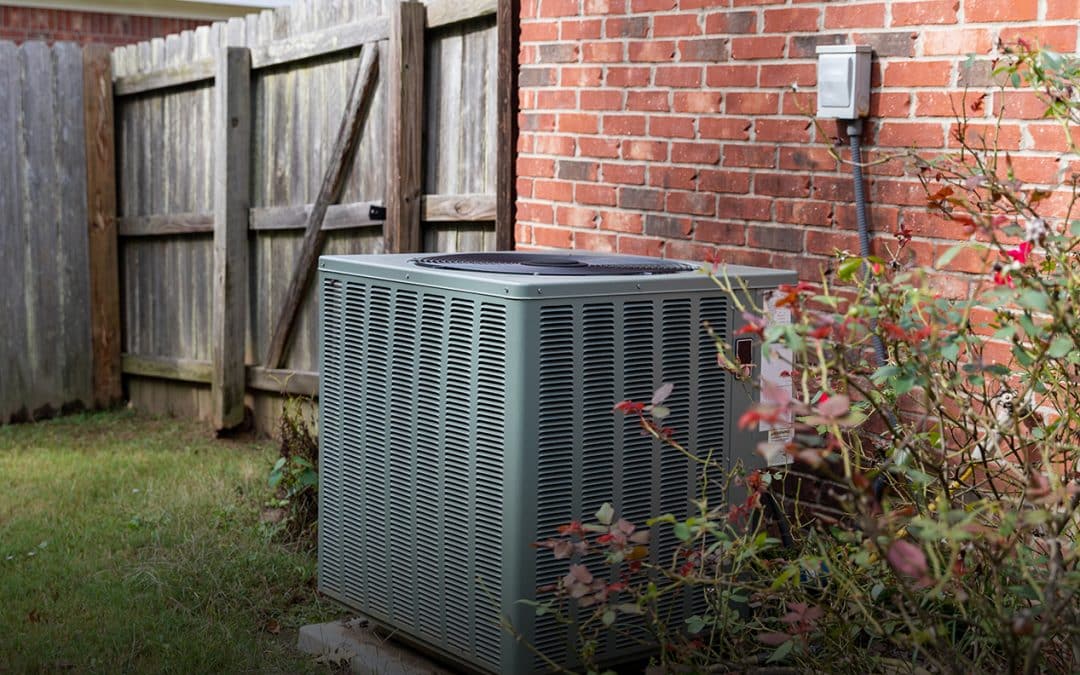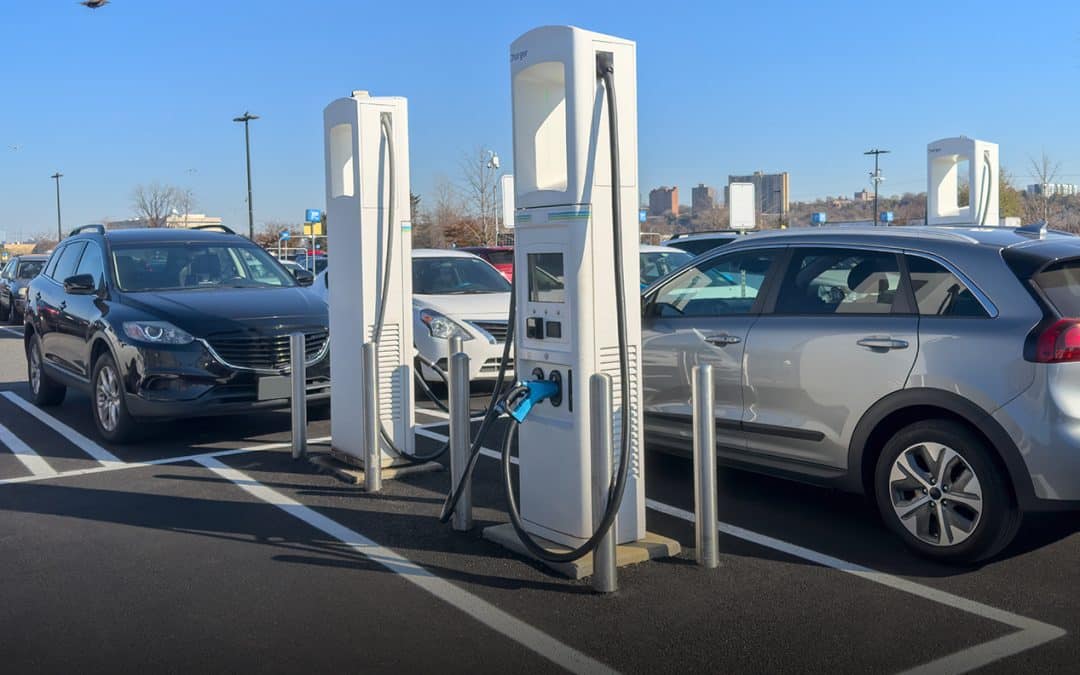Everyone is looking for ways to save money these days as prices rise on just about everything. If you live in a state prone to cold weather and use gas, oil, electricity, or a wood stove, there are numerous ways you can save on heating costs for your home this winter.
One sure fire way to keep those costs down is to simply dress warmer. While you might want to throw on an old T-shirt and shorts, it’s better to wear an old sweatshirt and sweatpants and cover up in a warm blanket or comforter. There are many other ways to save on heating costs:
1. Turn Down Thermostat
Setting your thermostat between 68 and 72 degrees when there are people inside the home and 58 and 62 degrees when the house is empty or you are asleep can help you minimize your energy usage and costs. While you want to set the temperature lower at some points of the day, you don’t want your pipes to freeze and burst, leading to pricey repairs.
2. Use Smart or Digital Thermostat
Installing a smart or digital thermostat, which can be controlled with your smartphone or tablet, is another way to save on your heating bill. These types of thermostats not only allow you to control the temperature when you’re not home, but they can notify you of maintenance needs and energy usage. Some energy companies even offer rebates or discounts for switching from a traditional thermostat.
3. Remove AC Units
Hopefully you already removed your window air conditioner units as leaving them exposed to the elements can be hazardous to the unit. But leaving them in also lets cold air inside your home.
4. Check or Add Insulation
The insulation in your home provides resistance to heat flow, according to the U.S. Department of Energy (DOE). You should check to make sure you have enough insulation by putting down an extra layer in your attic and/or adding blown-in insulation to existing walls or adding proper insulation during any renovations to your home when the walls are open.
5. Seal Doors and Windows
In addition to checking insulation, sealing windows and doors with new weatherstripping will help to keep cold air out and warm air inside.
6. Check Ducts
Ducts are one way cold air will seep into your home, causing your home heating costs to soar. While you can hire a professional to repair the duct leaks, you can probably seal them yourself with metal tape or mastic sealant.
7. Reverse Ceiling Fans
If your ceiling fan has a reverse switch, you can run the fan in a clockwise direction after heat is turned on for a good way to circulate all that heat that is rising and to save on energy costs.
8. Let Sunlight In
Simply opening your blinds and curtains during the day will allow sunlight in to warm up your home.
9. Close Fireplace Damper
Fireplaces are a great way to keep warm! But when you’re not using it, make sure your damper is closed so no cold air is leaking into the house.
10. Have Furnace Serviced
Your furnace should be inspected by a licensed contractor annually and replaced when recommended. Having the furnace cleaned and inspected will not only help to avoid a fire or interruption in service, but having a dirty filter makes your furnace work harder and leads to an increase on your heating bill.
There still other ways you can keep your heating costs down during the winter (and frankly year-round). One suggestion by the Department of Energy (DOE) is to do a home energy audit or energy assessment to see how efficient your heating and cooling systems are and where your home is wasting energy. Your utility company may be able to provide this service or refer you to someone who does.
The DOE also suggests to make sure your appliances, heating, ventilation, and air conditioning equipment all have the ENERGY STAR logo and EnergyGuide label.
The ENERGY STAR logo is on all qualified products that meet specific standards for energy efficiency, according to the DOE. These types of products exceed the federal minimum standards for efficiency and quality. The EnergyGuide label, which is bright yellow and black, helps consumers figure out how much energy an appliance uses compared to the energy use of similar appliances. The labels, however, do not show you which appliance is the most efficient – only the annual energy consumption and operating cost.
Hopefully these tips were helpful in preparing your home for colder days ahead and while also saving you money! Just as important as winterizing your home, make sure you also have the right coverage for your home and auto insurance with MAPFRE. Talk to an independent agent in your state or get a fast, free quote today in Massachusetts to see how much you could save!



